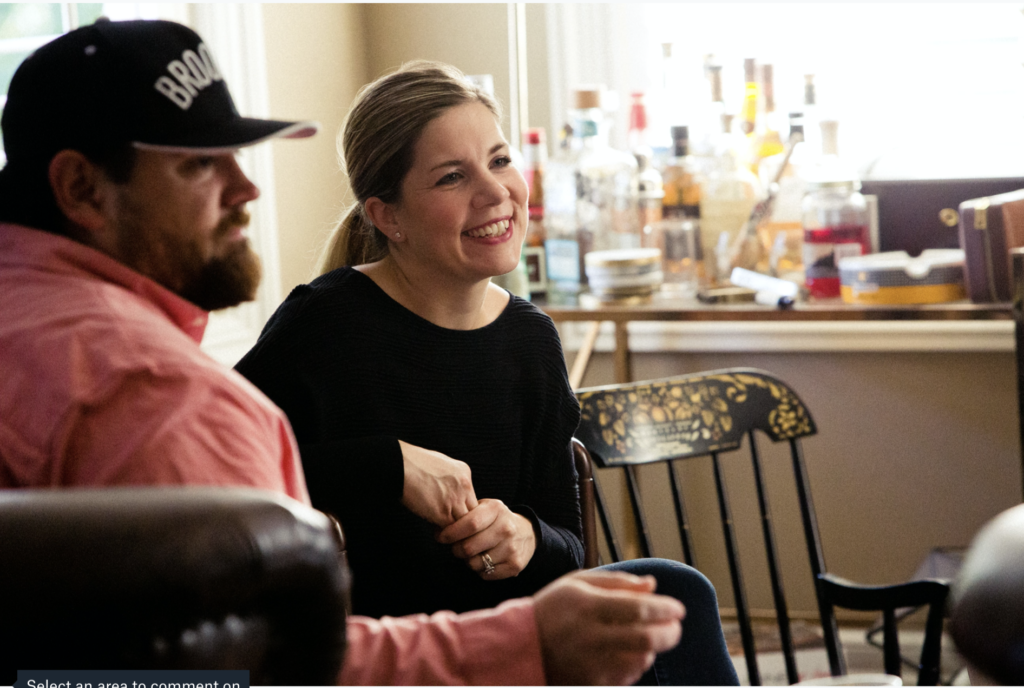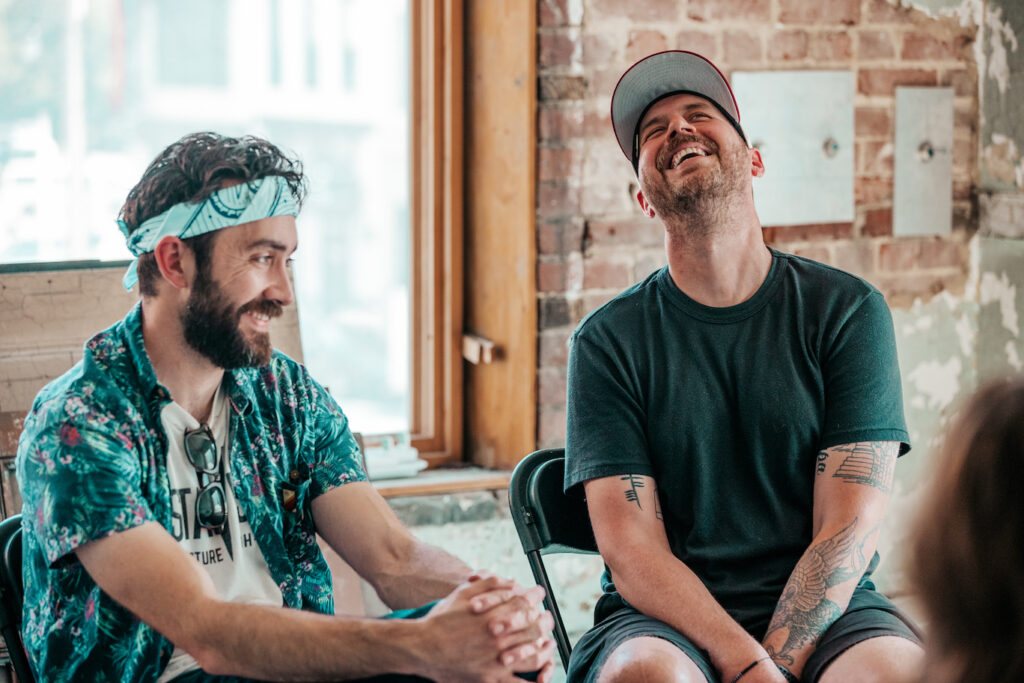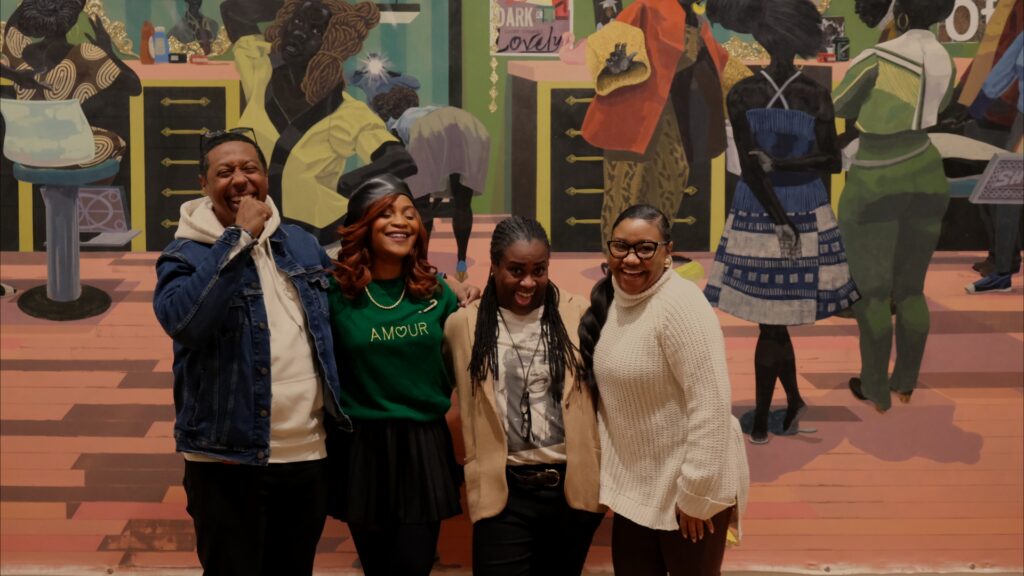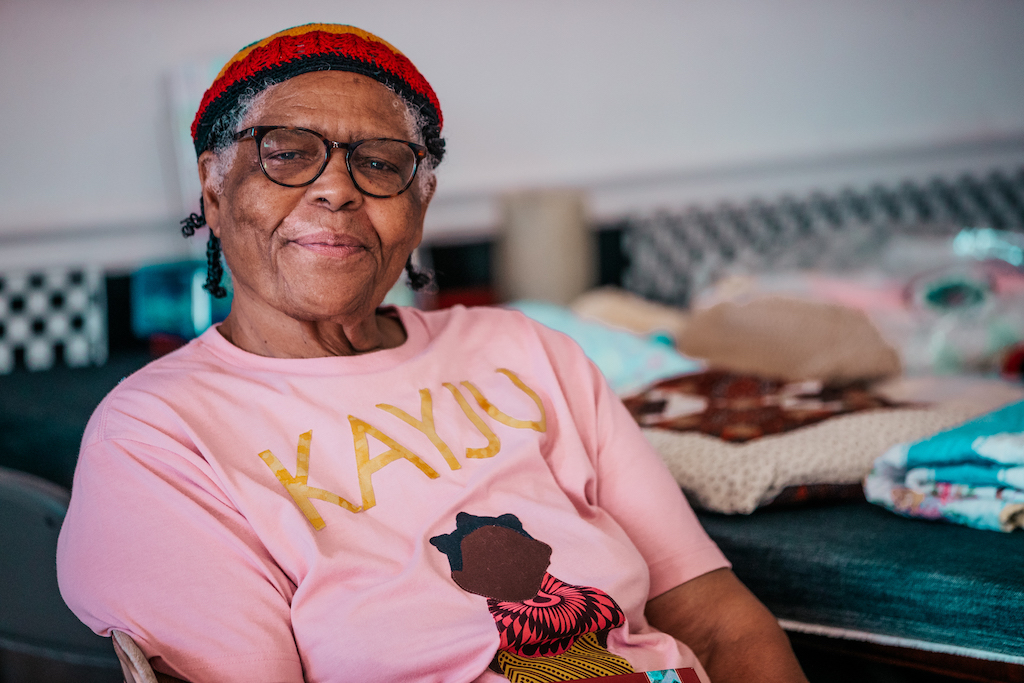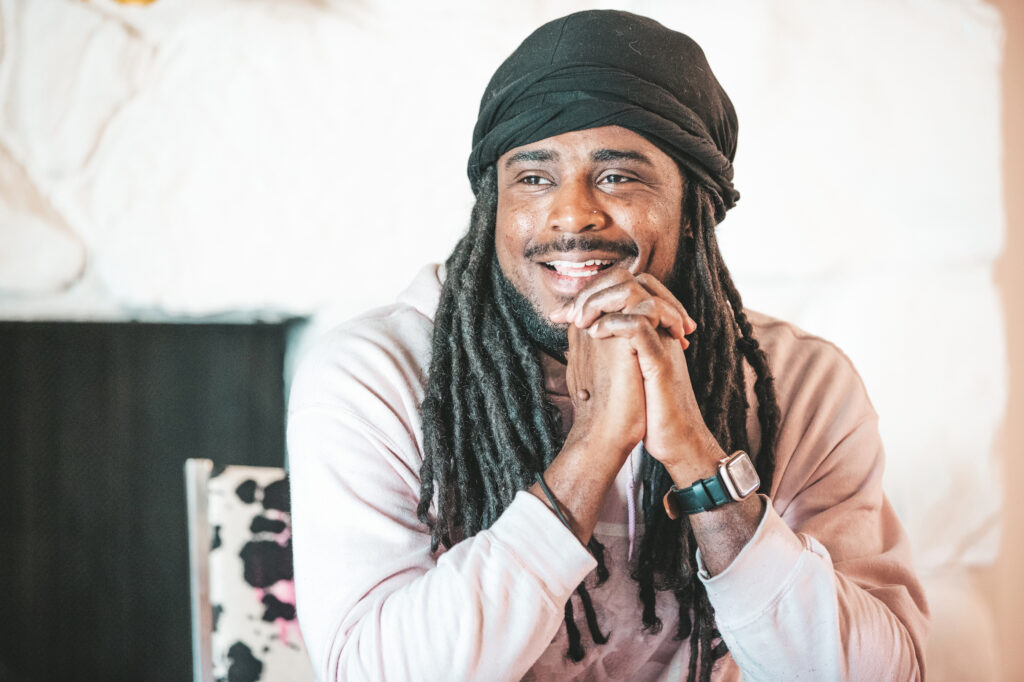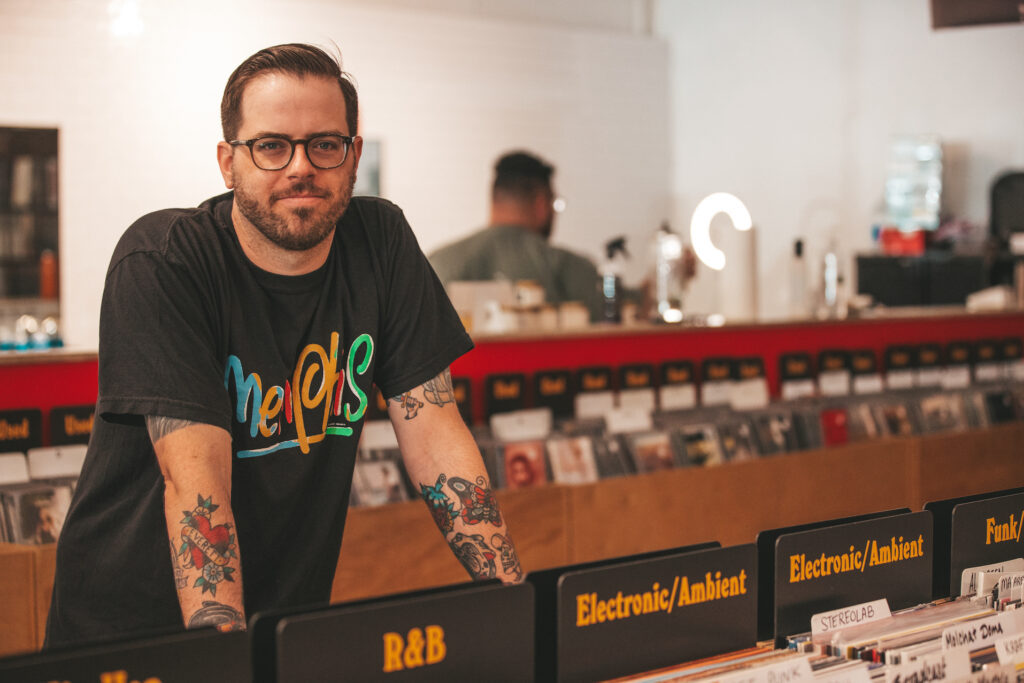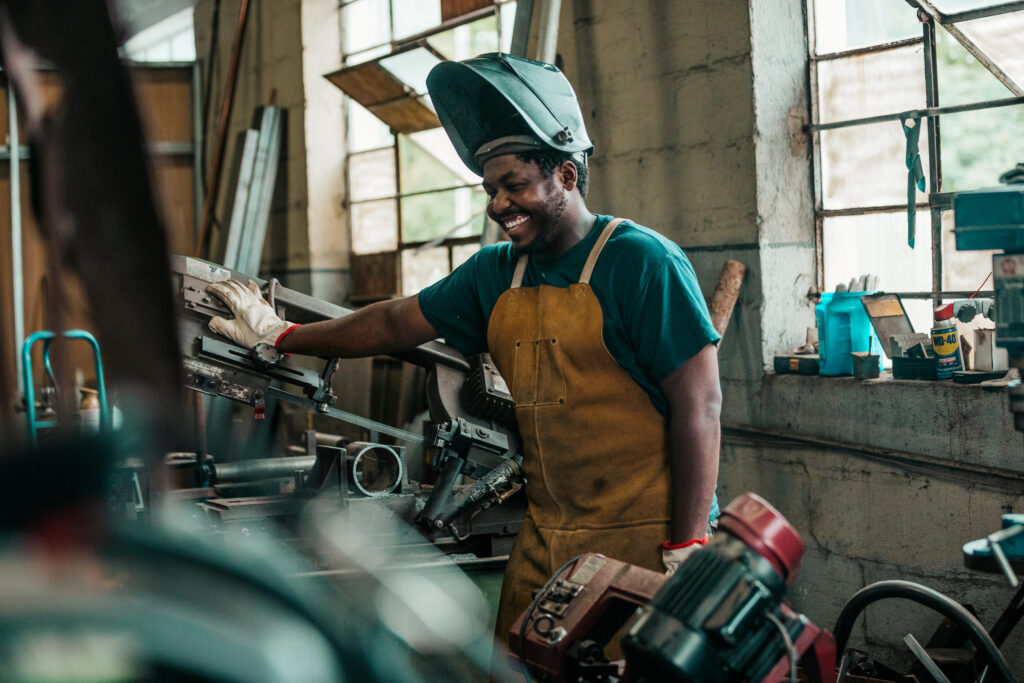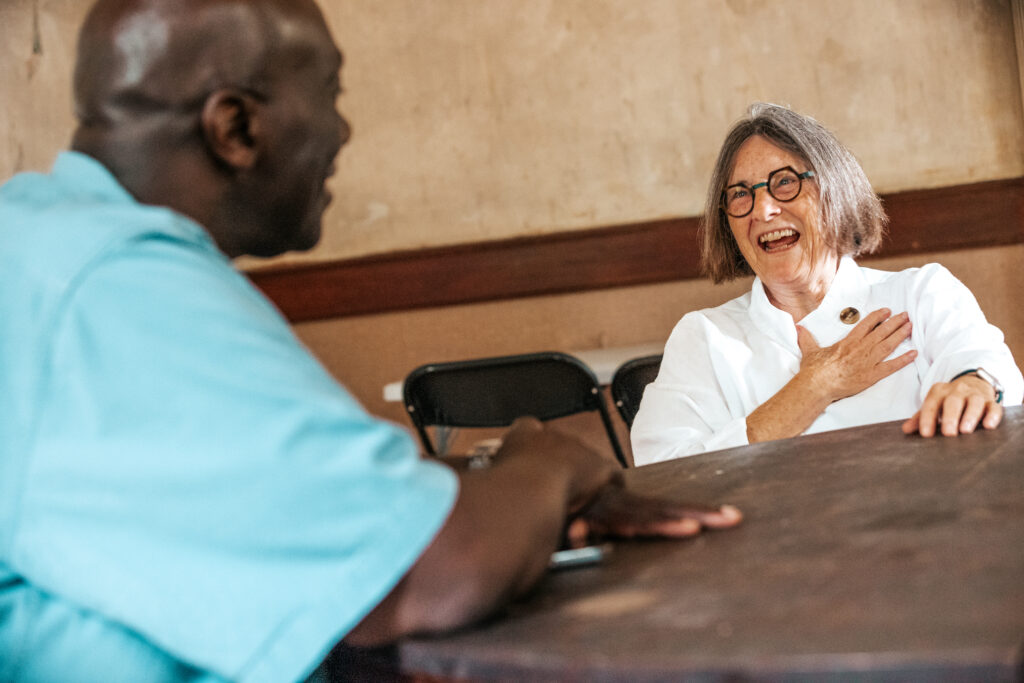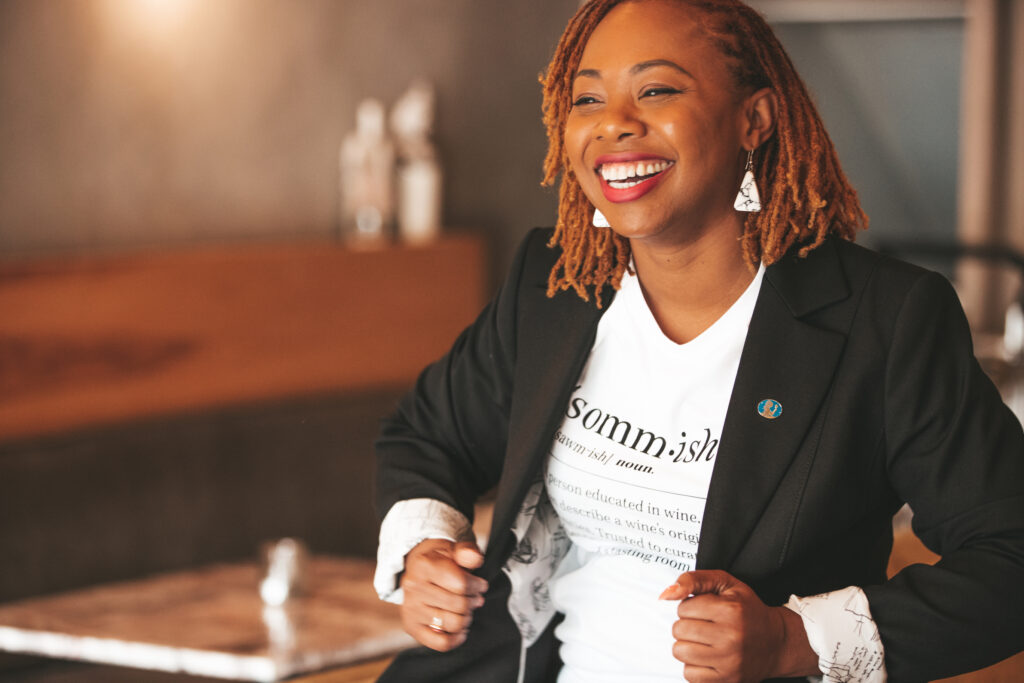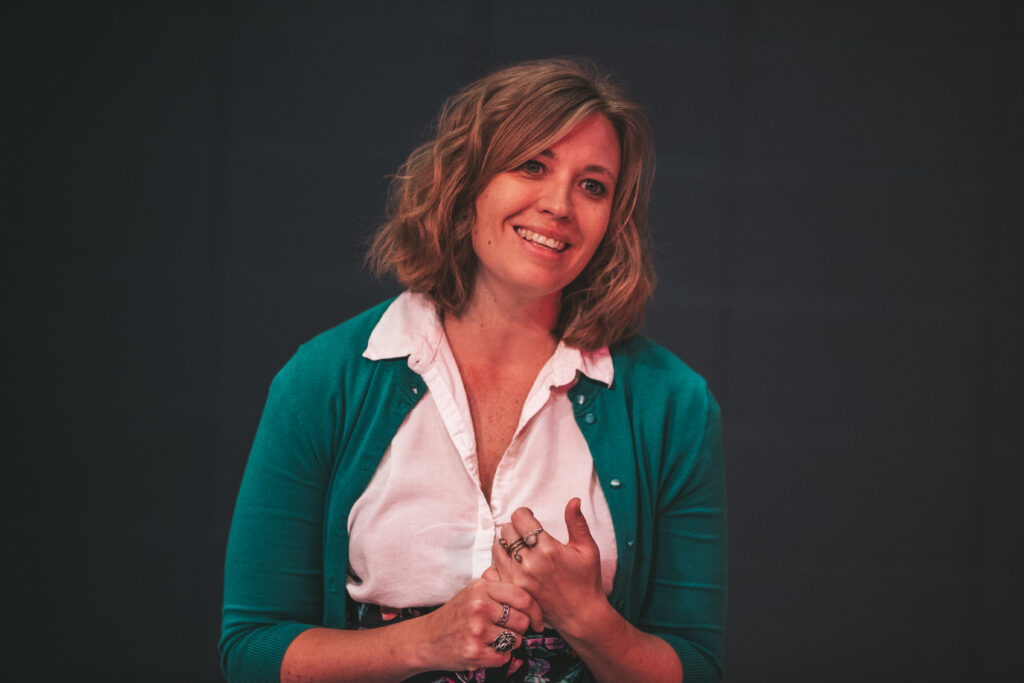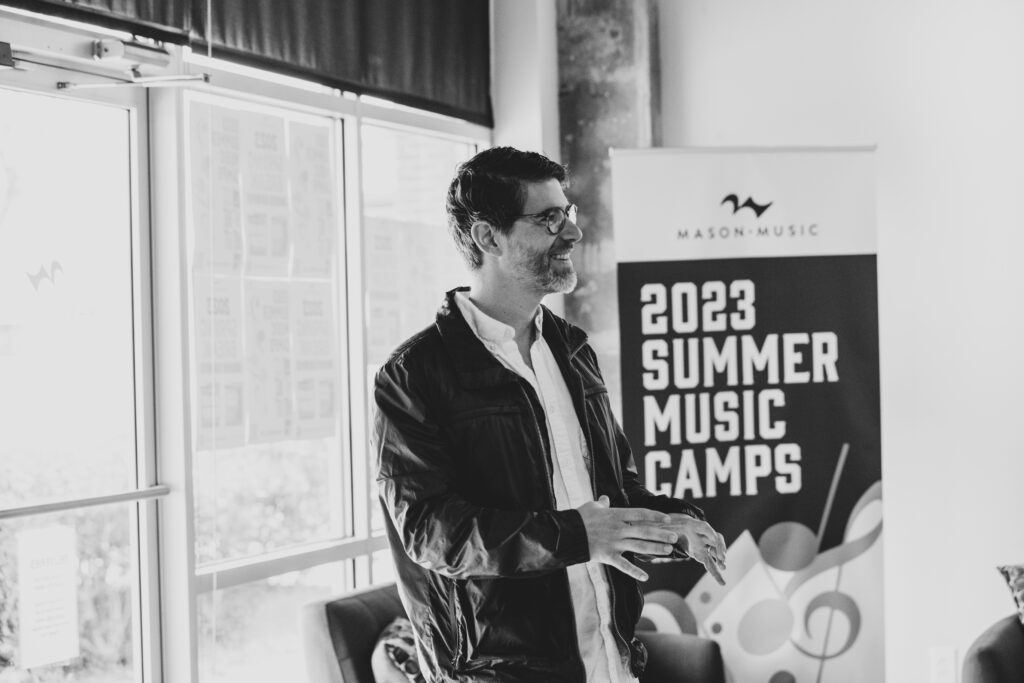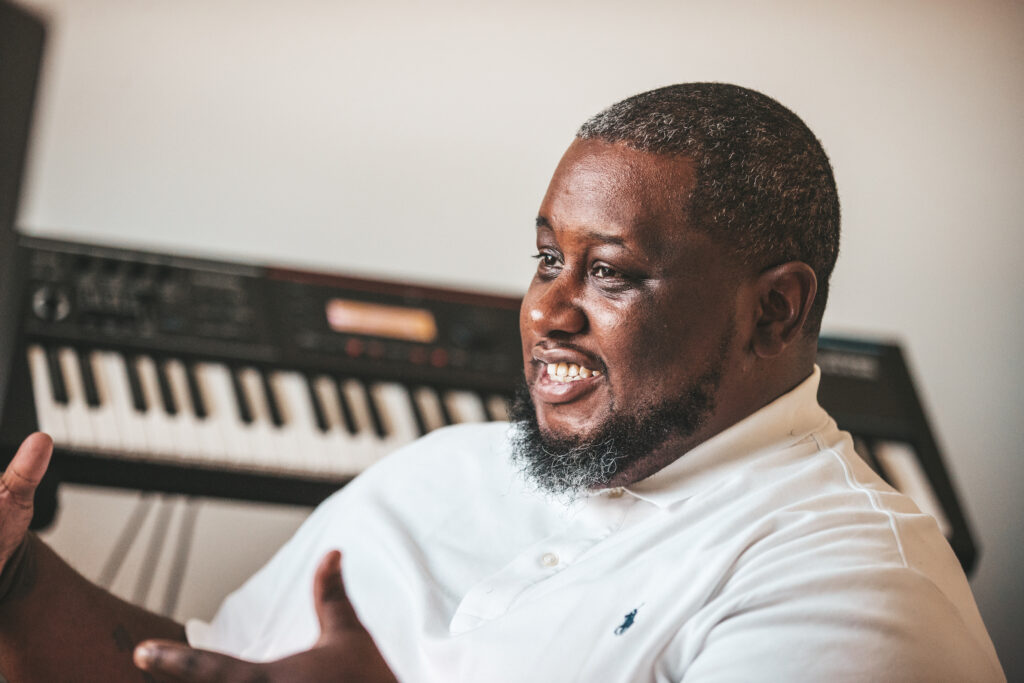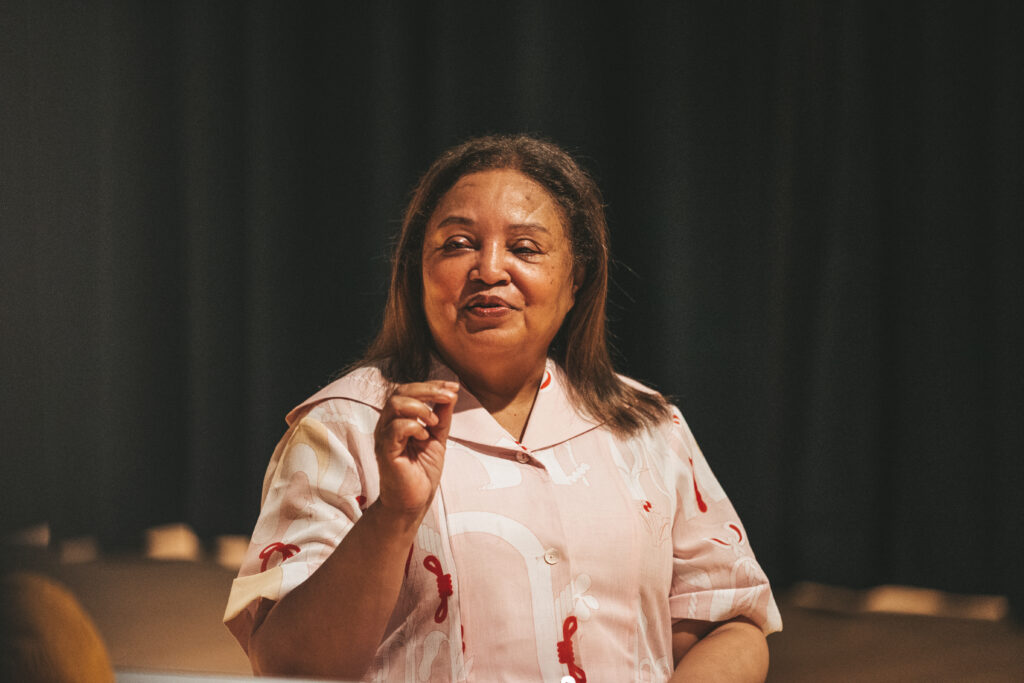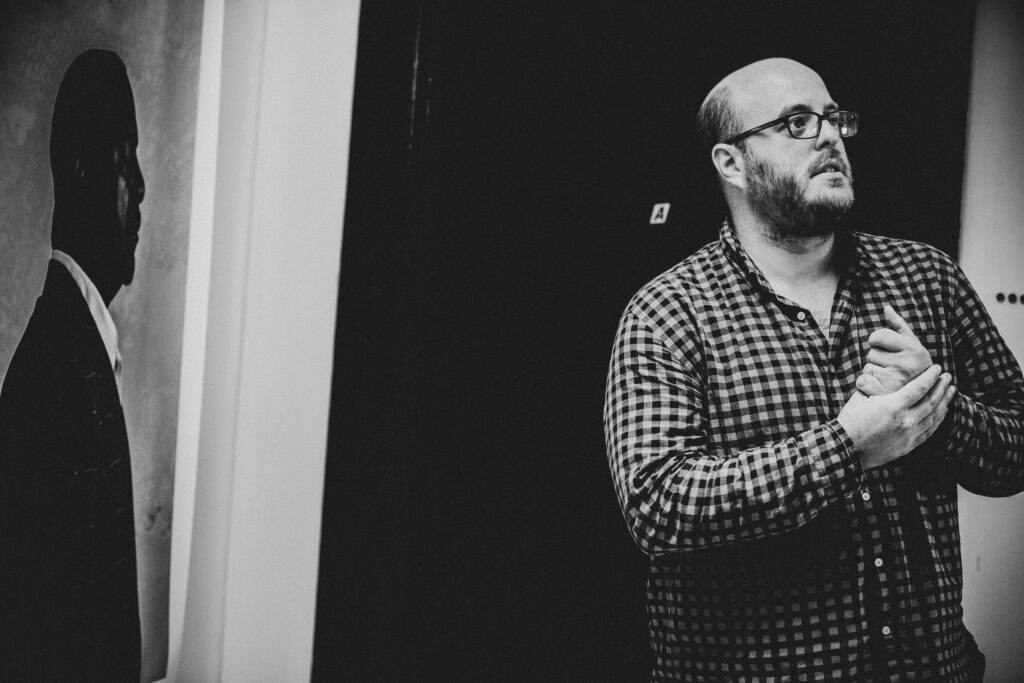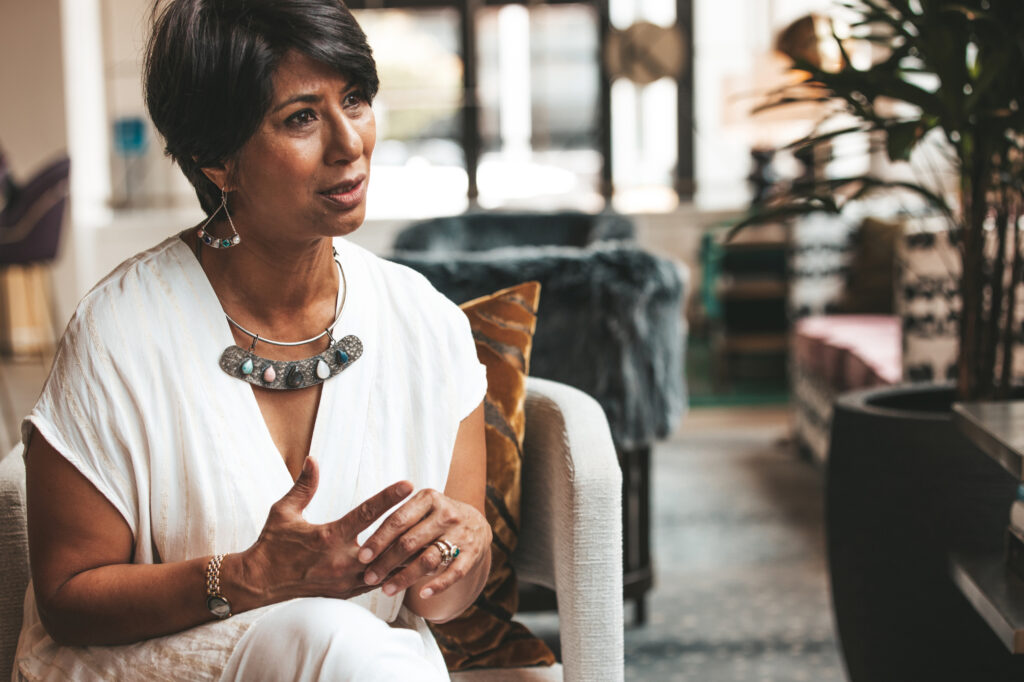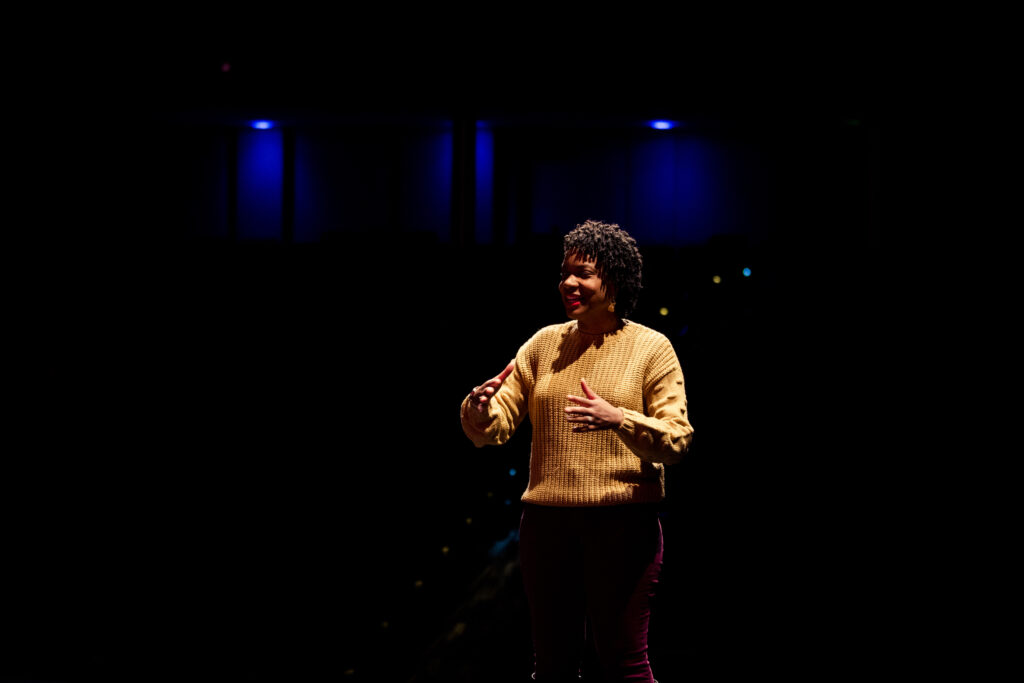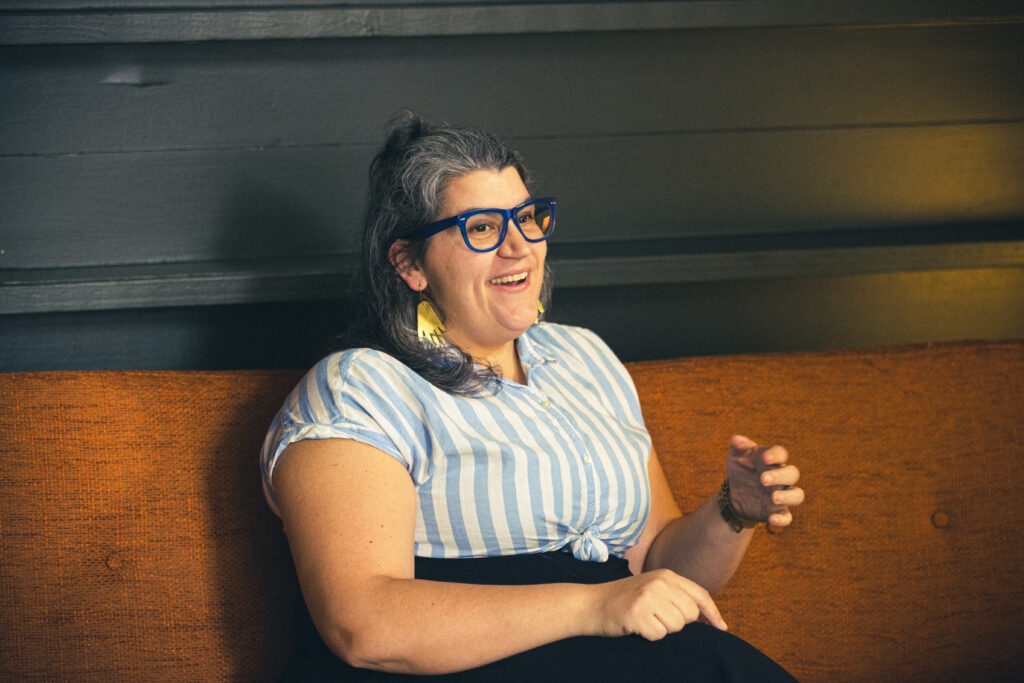Interview by Tonia Trotter
Photos by Ambre Amari
You two moved to Birmingham very recently. But in mere months, your supper club series has become incredibly successful — selling out weeks in advance! How was this idea born?
 Tyler: We were moving into our home and had a million boxes. We posted on Facebook that anyone who needed boxes was welcome to ours, and a local realtor came to pick them up. She showed us that famous southern hospitality, asking us where we were from, what we do, and so on. She said she entertained a lot for work, and we were excited to collaborate! Our first two parties were her private parties.Jennifer: The concept for this series began as our COVID plan. We moved to Birmingham in July, and many places were still shut down or curbside only. We wanted to create a way to have that fine dining experience in an intimate way that also felt safe. Those first parties we had were in August. It grew organically — people from our first couple of dinners posted on social media about us, and our neighbors and other people in the area became intrigued.
Tyler: We were moving into our home and had a million boxes. We posted on Facebook that anyone who needed boxes was welcome to ours, and a local realtor came to pick them up. She showed us that famous southern hospitality, asking us where we were from, what we do, and so on. She said she entertained a lot for work, and we were excited to collaborate! Our first two parties were her private parties.Jennifer: The concept for this series began as our COVID plan. We moved to Birmingham in July, and many places were still shut down or curbside only. We wanted to create a way to have that fine dining experience in an intimate way that also felt safe. Those first parties we had were in August. It grew organically — people from our first couple of dinners posted on social media about us, and our neighbors and other people in the area became intrigued.Creating a new business is exciting, but it’s a huge undertaking as well. You didn’t hesitate — even in a new city! How did COVID and the unique challenges of this year motivate you to begin this new venture?
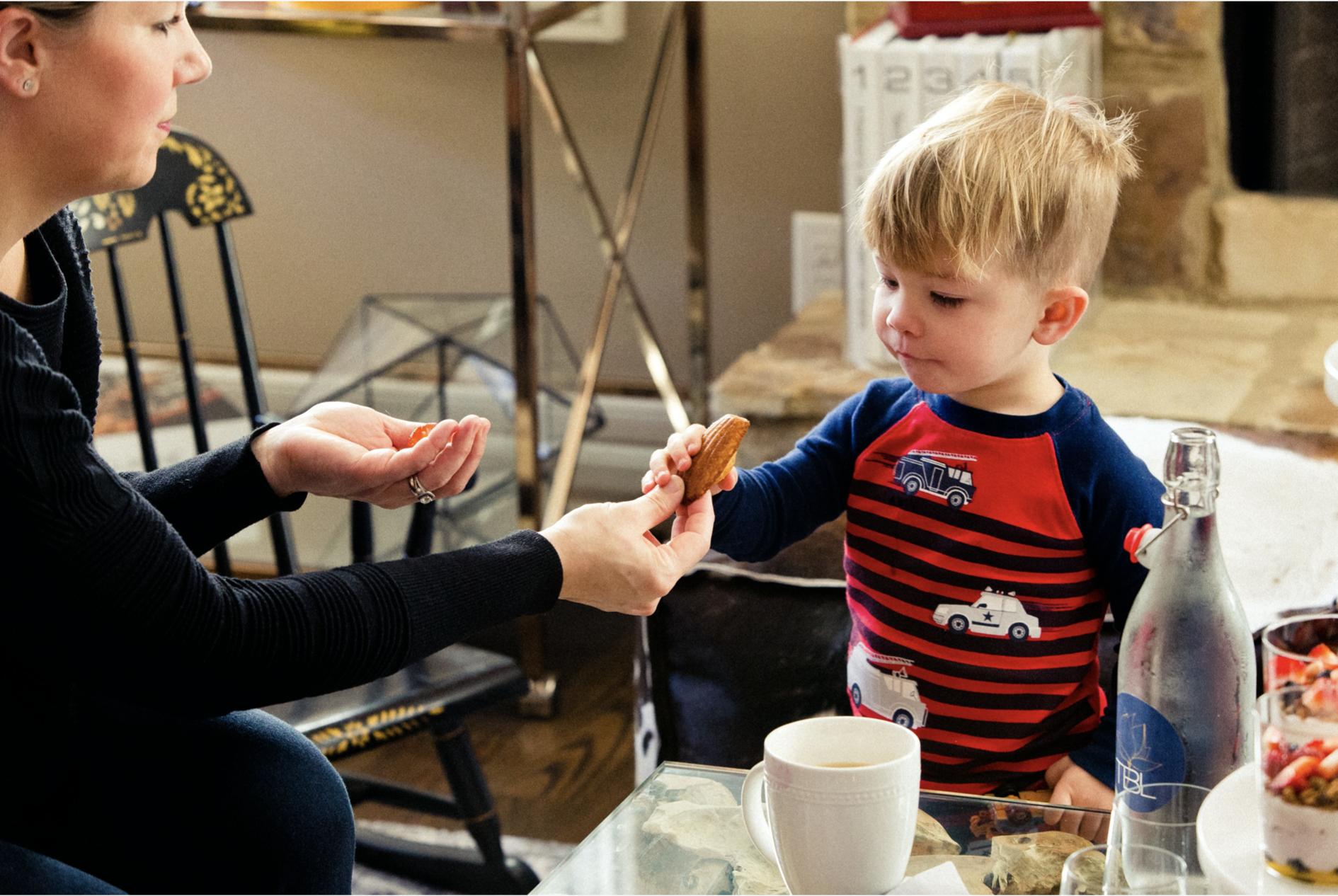
T: We weren’t doing anything, and we weren’t in a hurry to do anything. This idea seemed fun because it keeps us active creatively. We aren’t truly happy unless we’re cooking! Being new in town, we also wanted a way to meet people. This has been an extraordinary way to assimilate into a new city.By our second dinner party, I was developing the graphic design for the invitation and creating our branding. We came up with the name — the TBL in Tasting TBL is our son’s initials: Tyler Burke Lyne. We built a website and put in a calendar element for people to make reservations. We just went for it!
Birmingham has earned a reputation as a food city, but that wasn’t necessarily what brought you here. What made you consider this city as a new home?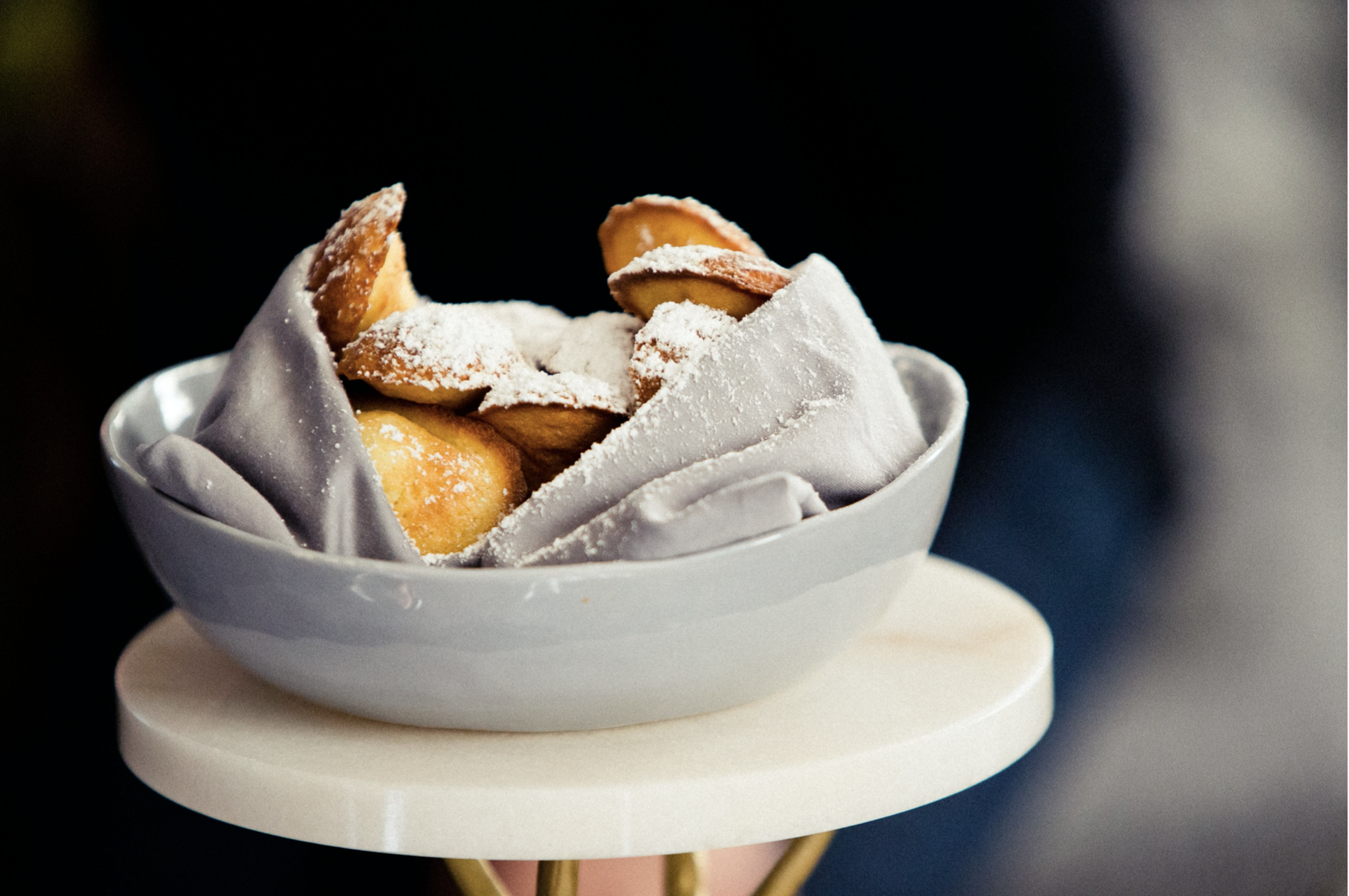
J: We were in New York City for 16 years and felt tapped out when it came to the restaurants we wanted to work at and had done catering. We were looking to move, but we weren’t sure where, and then COVID happened. It was the perfect time to leave New York. Tyler’s sister happens to live next door, and she told us that the previous owners were moving. It just felt right!
T: We always knew we didn’t want to raise children in New York. I’m from Texas, and Jennifer is from Buffalo, NY. We wanted our kids to have the kind of upbringing we had. It was time for something new. We were ready to start the rest of our lives.
What do you hope to accomplish here in Birmingham and what has prepared you for this new chapter?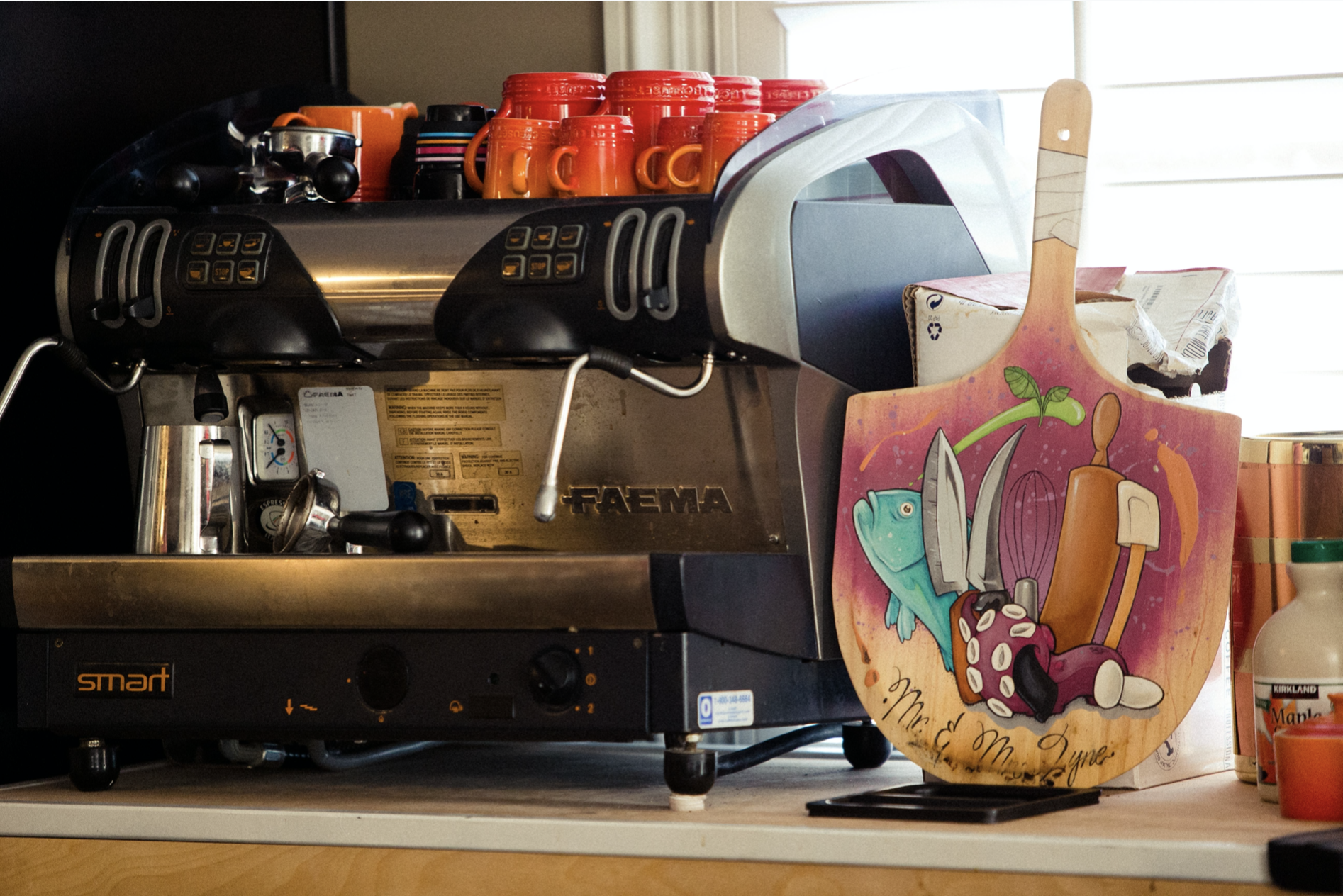
T: We’re here to build our legacy — our family and, ultimately, a restaurant. We are used to reconstructing major restaurants. Jen and I, and our partner Micah, worked hard to earn a reputation for going into places that needed help, stripping everything down, and rebuilding businesses brick by brick. Part of that is developing your team, recognizing innovation, imparting what you’ve learned in your life to the next generation, and watching them grow. That’s at the heart of cooking and passing down recipes. Chefs are the silent keepers of tradition.
You are both incredibly creative and skilled in the same field. That’s an interesting dynamic for a couple! How do you feel you complement or challenge each other?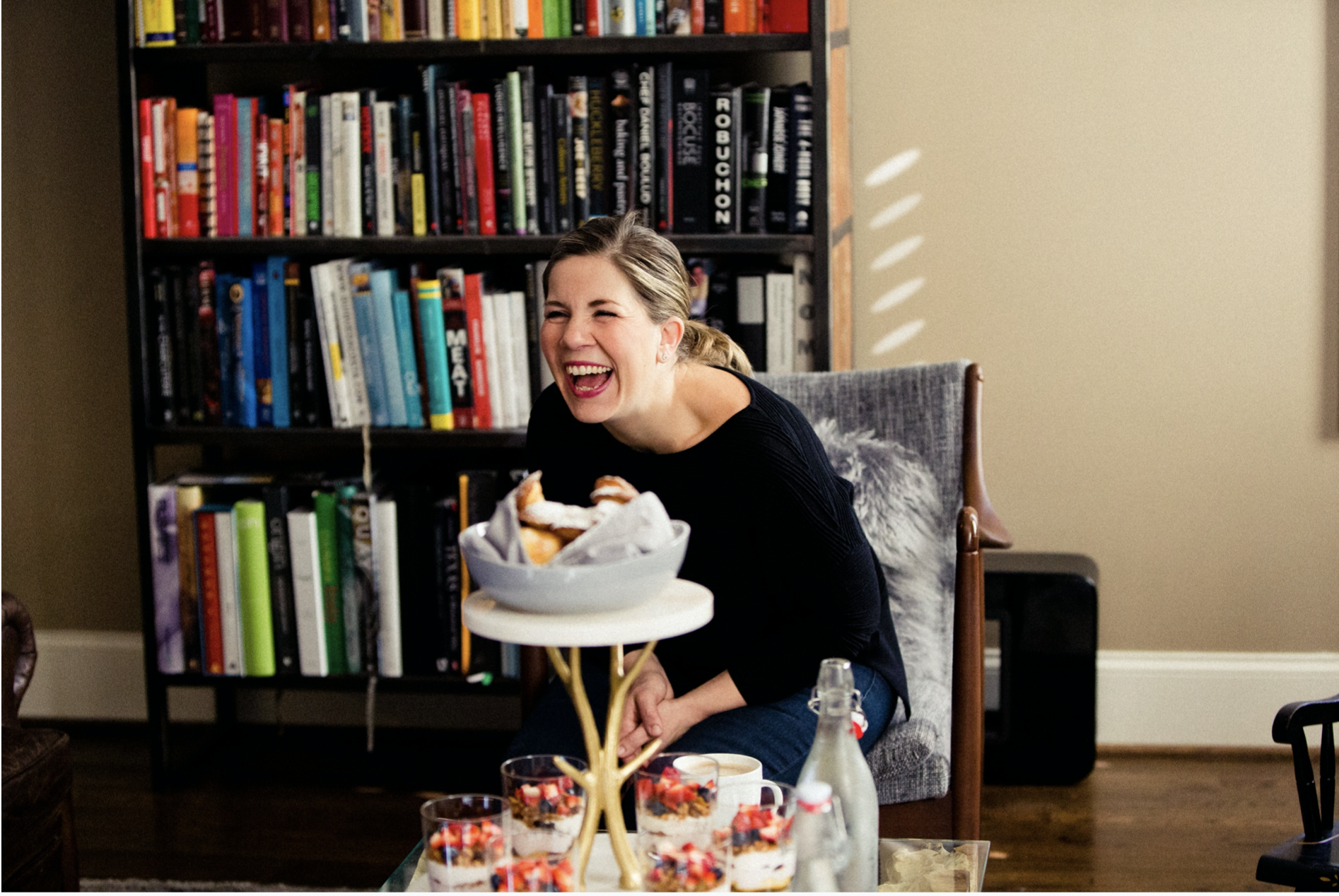
J: We both started in culinary, but I made the shift to pastry arts after school. So, for the most part, we stay in our own lanes. We don’t butt heads too much!
T: Whatever Jen does is always amazing, which is nice for me because I know whatever I cook, everyone is going to be left on a high note — such a high note, they might forget the other ten courses they had! You’re only as good as your last dish, and oftentimes the dessert is the star of the show. Jen and I are throwing down everything we’ve got in an eight to ten-course tasting menu for these dinners. We’re certainly self-critical, and we cook to impress ourselves.
You believe that empathy is a key ingredient in the culinary arts. How does the emotional response to food factor into what you do?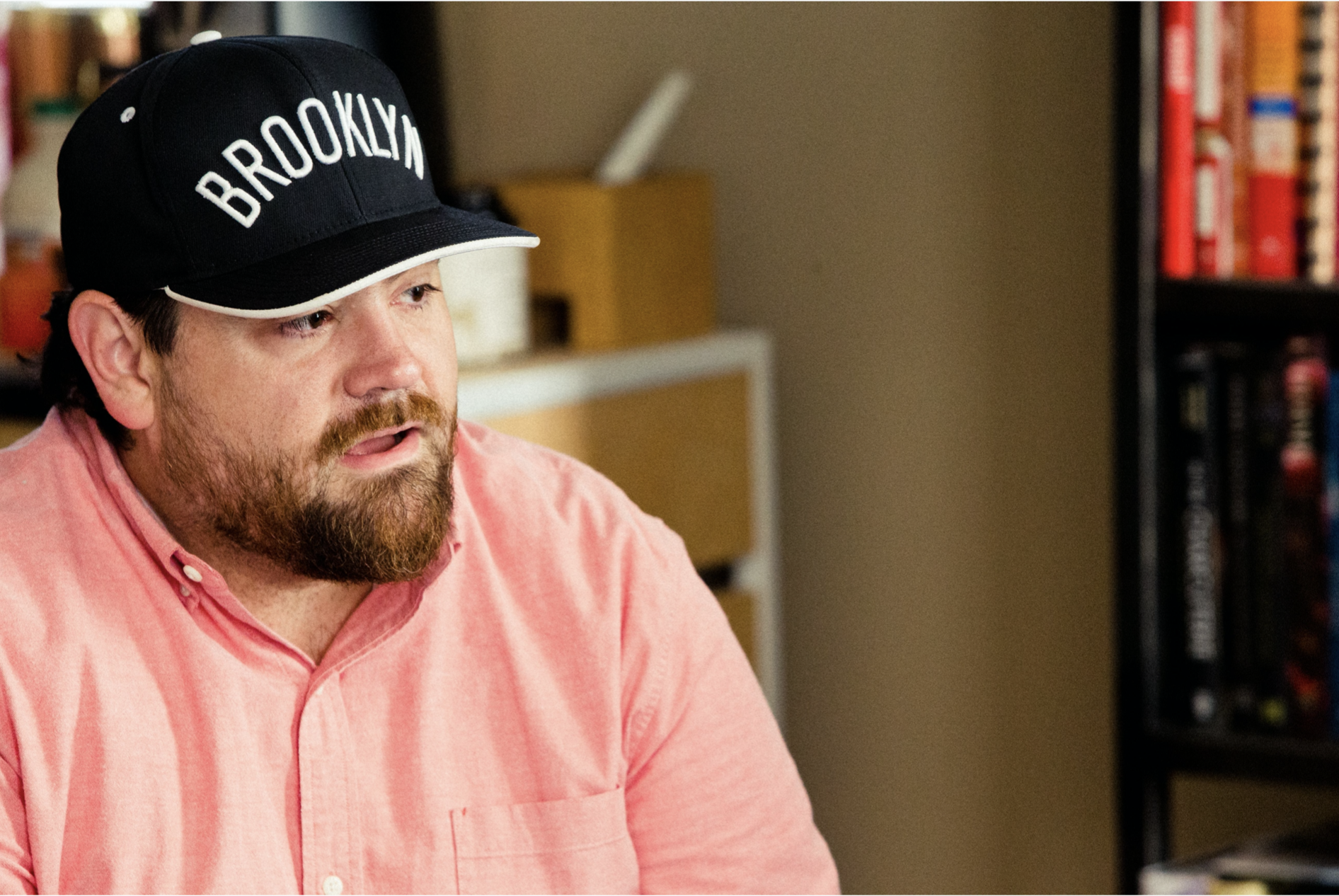
J: For me, food is about family. When I was young, my mom and I would get Chinese takeout, and it was just our little girls’ night thing. Those moments were so special to me, and I loved to experiment and cook dinners for my family and friends. I got so much joy out of creating something that felt special for others.
T: People connect over a meal. Food brings people together, and food is tied to your memories and what comforts you. Growing up in Texas, life revolved around food. At every party, there was always beer, liquor, and great food. I learned early that if you were the guy who knew how to cook well, you would always be invited.
As a chef, that’s easy to see and understand. We know what goes into each slice of bread, the life cycle of every ingredient that made it on to a plate, and what it’s like to work 12 hours for something that’s gone in five minutes but hopefully creates this moment of happiness.
What lessons have you learned throughout your career that shaped the “how” and “why” of what you do now?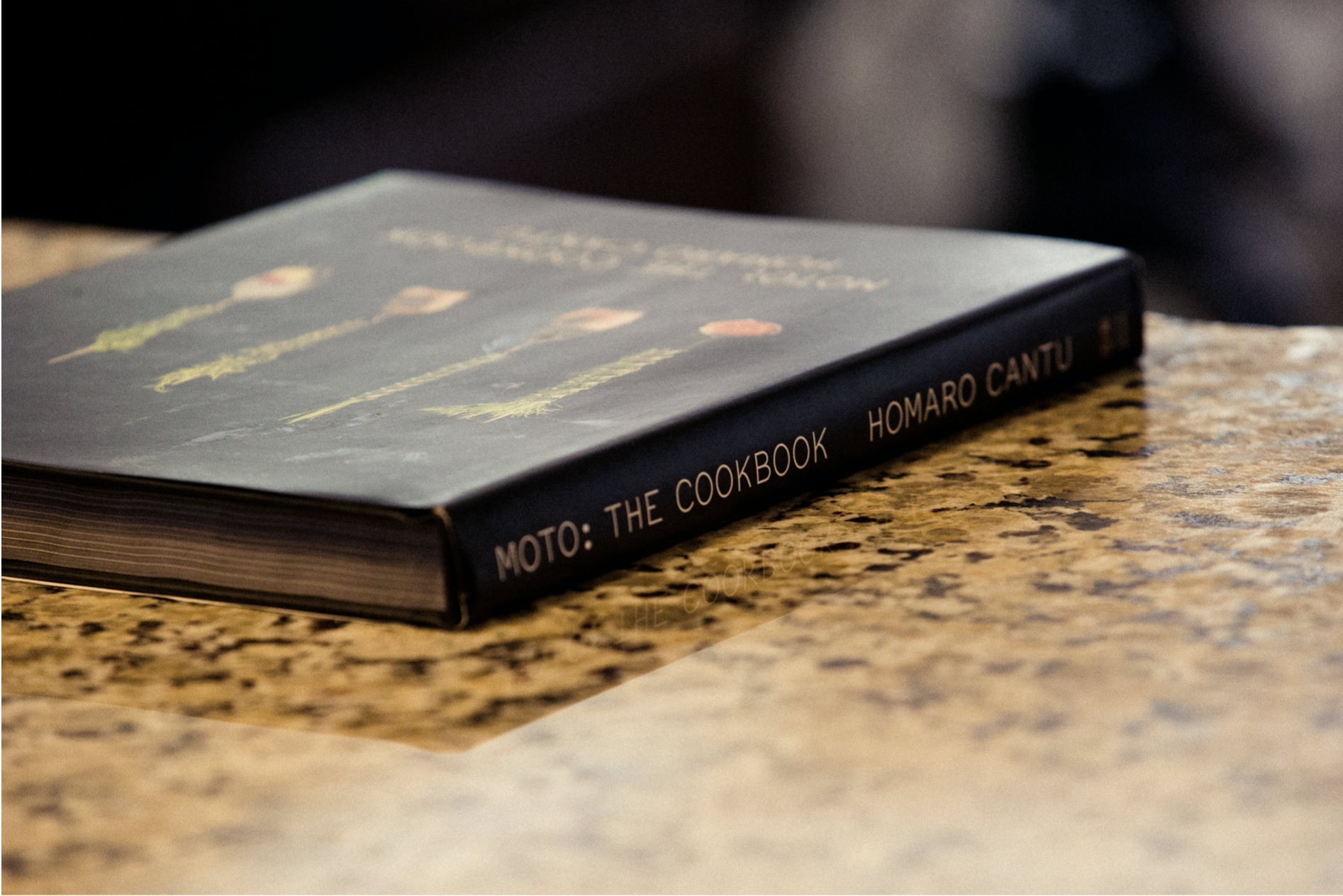
T: In New York, it was such a pressure cooker of stress and competition. Now, my focus is trying to give more than I take. I say trying because it’s not always achievable. Throughout my career, I’ve witnessed a lot of sins destroy good partnerships — greed, envy, gluttony — they were all at the heart of every failed endeavor. After watching that, I had a conversation with myself to learn from those lessons and remember I’m always part of a collective effort and experience.I’ve experienced two ends of the spectrum as a chef in other people’s restaurants — making my star shine bright for someone else’s benefit or dimming my light and not showing everything I can do. Ultimately, I realized I wanted to do what I was made to do for myself.
What advice would you give to others who are considering making the leap into entrepreneurship?
T: I don’t believe in luck. I believe in recognizing opportunities, being prepared, and reminding myself that I’m here the same way everyone else got here. You have to equip yourself with the right tools, and you have to have an indomitable spirit.

